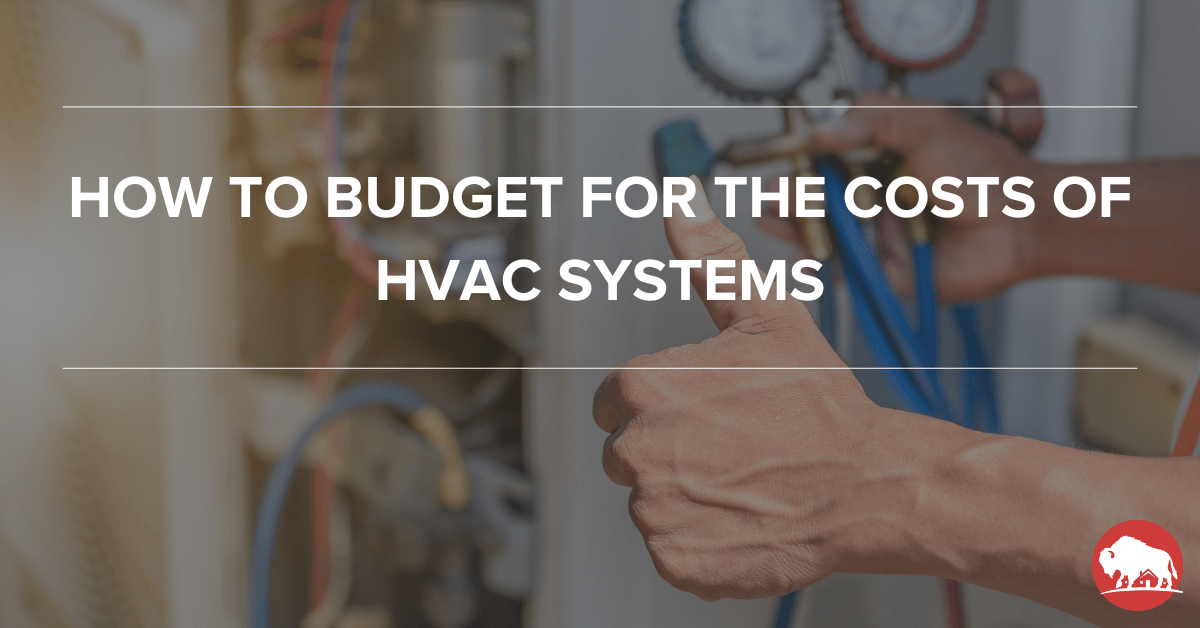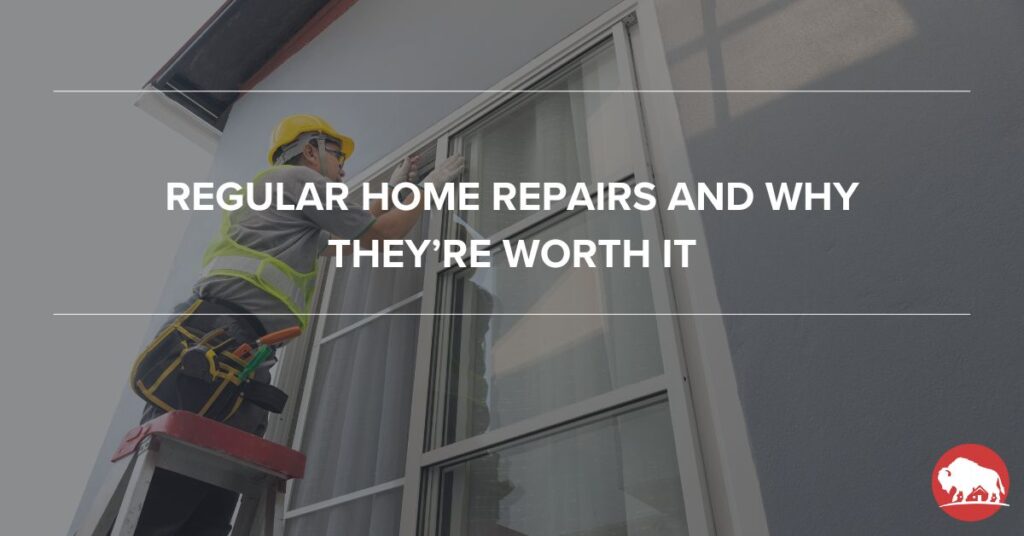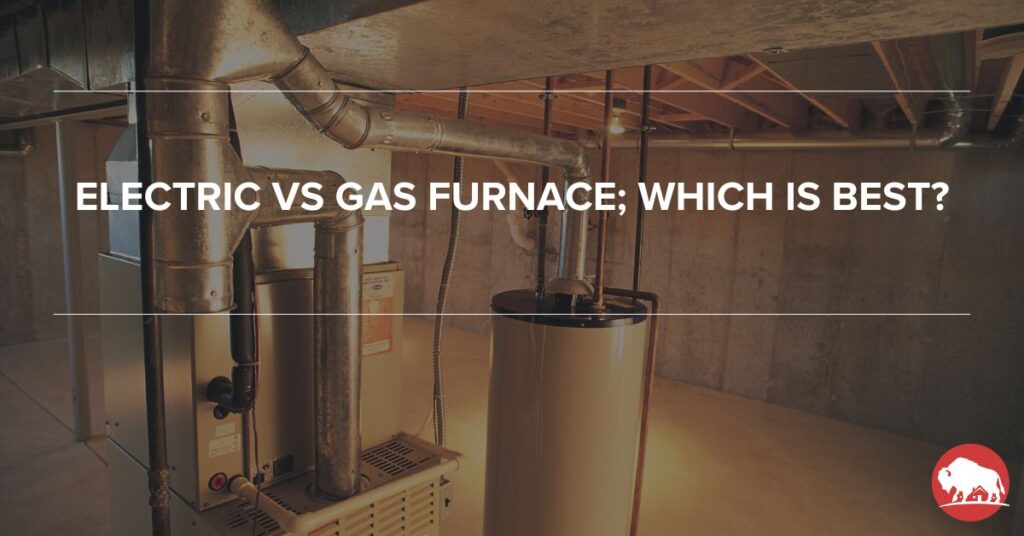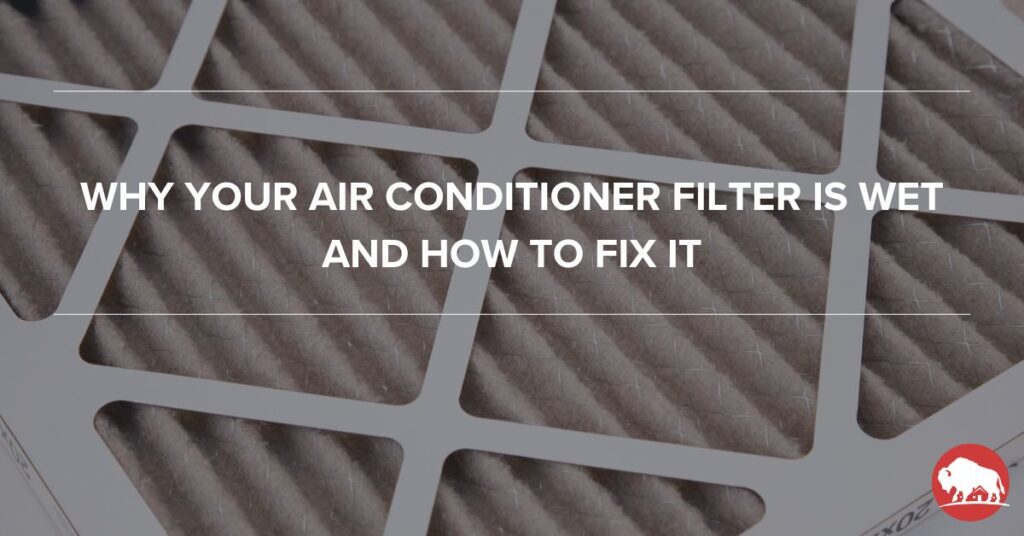Are you thinking about your HVAC system and how to keep it running smoothly without breaking the bank? You’re in the right place! HVAC systems are a significant investment, with the average cost of a new system ranging from $10,000 – $15,000 depending on the type and size of your home. Considering that heating and cooling account for nearly 50% of a typical home’s energy usage, it’s crucial to understand how to manage these systems efficiently to save money and ensure comfort year-round. In this guide, we’ll walk you through everything you need to know about HVAC systems—from understanding their life expectancy and initial installation costs to ongoing maintenance, energy efficiency, and planning for replacement.
Understanding HVAC System Life Expectancy
Average Lifespan of HVAC Systems and Components
So, how long do these HVAC systems actually last? Well, on average, a well-maintained furnace can last between 15 to 20 years. Air conditioners typically have a shorter lifespan, around 10 to 15 years, and heat pumps, which handle both heating and cooling, usually last about 10 to 15 years. Keep in mind that these are just estimates. With advancements in technology and good maintenance habits, some modern systems might surprise you with their longevity!
Factors Affecting Longevity
A few key factors can significantly impact how long your HVAC system will serve you. Regular maintenance is crucial—changing filters, scheduling annual inspections, and addressing minor issues early can extend your system’s life. How often you use your system also matters; if you live in an area with extreme weather, your HVAC will work harder and might need more frequent maintenance. And don’t forget the importance of a quality installation. Choosing a reputable service provider can make all the difference in the long run.
Initial Installation Costs
Breakdown of HVAC System Types and Their Costs
When it’s time to install a new HVAC system, costs can vary widely depending on what type you choose. Central air systems are popular but can get pricey, especially for larger homes. Ductless mini-splits are a more budget-friendly option, particularly if you don’t have existing ductwork. Heat pumps can be a bit more expensive upfront but can save you money over time due to their efficiency. Getting a detailed quote is essential to avoid any surprises.
Importance of Energy Efficiency Ratings
Energy efficiency ratings like SEER (Seasonal Energy Efficiency Ratio) for cooling and HSPF (Heating Seasonal Performance Factor) for heating are key when considering HVAC costs. Higher ratings often mean higher initial costs, but they can save you a bundle on utility bills over time. Investing in a system with high efficiency might seem expensive at first, but those long-term savings are worth it!
Professional vs. DIY Installation
It might be tempting to cut corners with a cheaper installation service or even try a DIY approach, but professional installation is crucial. Certified technicians ensure your system runs at peak efficiency and can save you money in the long run by preventing potential issues. So, let the pros handle it—you’ll thank yourself later!
Ongoing Maintenance and Repair Expenses
Routine Maintenance Tasks and Their Frequency
Keeping your HVAC system in top shape involves some regular TLC. Changing air filters every 1-3 months, cleaning ducts, and checking refrigerant levels are some routine tasks. While you can do some of these yourself, others should be left to the pros. Annual professional inspections are a must to catch potential problems early and keep your system running smoothly.
Cost-Benefit of Maintenance Plans
Wondering if a maintenance plan is worth it? These plans usually include regular check-ups, priority service in emergencies, and discounts on parts and labor. They can be more cost-effective over time compared to pay-as-you-go services. Plus, regular maintenance helps prevent costly repairs down the line.
Common Repairs and Their Costs
Even with diligent maintenance, repairs are inevitable. Common issues like faulty thermostats, refrigerant leaks, and broken fan motors can range from minor fees to several hundred dollars. Setting aside a budget for these repairs is a smart move to avoid unexpected financial stress.
Energy Consumption and Efficiency
Estimating Annual Energy Usage
Understanding your HVAC system’s energy consumption is key to managing your budget. You can estimate annual energy usage by looking at efficiency ratings and comparing them with your utility bills. This can help you see how much heating and cooling contribute to your overall energy costs and where you might be able to save.
Impact of Climate and Insulation
Your local climate and the quality of your home’s insulation play a big role in energy consumption. In extreme temperatures, your HVAC system works harder, leading to higher energy costs. Good insulation helps retain heat in winter and cool air in summer, reducing the strain on your system and lowering your bills. Investing in proper insulation is a win-win for comfort and efficiency.
Tips for Energy-Efficient HVAC Use
Want to cut down on energy costs? Simple actions like adjusting thermostat settings when you’re away, ensuring your home is well-insulated, and using ceiling fans can make a big difference. Regular maintenance also keeps your system running efficiently, so it doesn’t have to work as hard to heat or cool your home.
Planning for Replacement and Disposal
Guidance on Saving for System Replacement
Eventually, every HVAC system will need to be replaced. Planning ahead can ease the financial burden. Consider setting aside a small amount each year or exploring HVAC financing options before your system starts showing serious wear and tear. This proactive approach ensures you’re financially prepared when the time comes.
Environmental Considerations for Disposing of Old HVAC Equipment
Disposing of old HVAC equipment isn’t just about making space for the new one—it’s also about being environmentally responsible. Many components can be recycled, and some service providers offer disposal services. Make sure to follow local regulations for safely disposing of refrigerants and other hazardous materials to minimize environmental impact.
Government Rebates, Tax Credits, and Incentives
Don’t forget to check out government rebates, tax credits, and incentives for energy-efficient HVAC systems. These programs can significantly reduce your initial costs, making it easier to invest in a more efficient system. Take advantage of these financial incentives to make your upgrade more affordable.
Summary
Navigating the costs and upkeep of your HVAC system doesn’t have to be overwhelming. By understanding the expected lifespan of your components—15 to 20 years for furnaces, 10 to 15 years for air conditioners and heat pumps—you can better plan for future expenses. Regular maintenance is key to extending the life of your system, with routine tasks like changing filters and checking refrigerant levels helping to prevent costly repairs. While the initial installation cost can vary, investing in professional installation and energy-efficient systems can save you money in the long run. Additionally, keeping an eye on repair costs and budgeting for eventual replacement ensures you’re prepared for any surprises.
To maximize efficiency and cost savings, adopt energy-efficient practices, stay informed about government rebates and incentives, and consider setting aside funds for future system replacement. By taking these steps, you’ll ensure your HVAC system operates smoothly, efficiently, and economically. For personalized advice and top-notch service, don’t hesitate to reach out to us here at Bison Home Service, we help you make the most of your HVAC investment!






